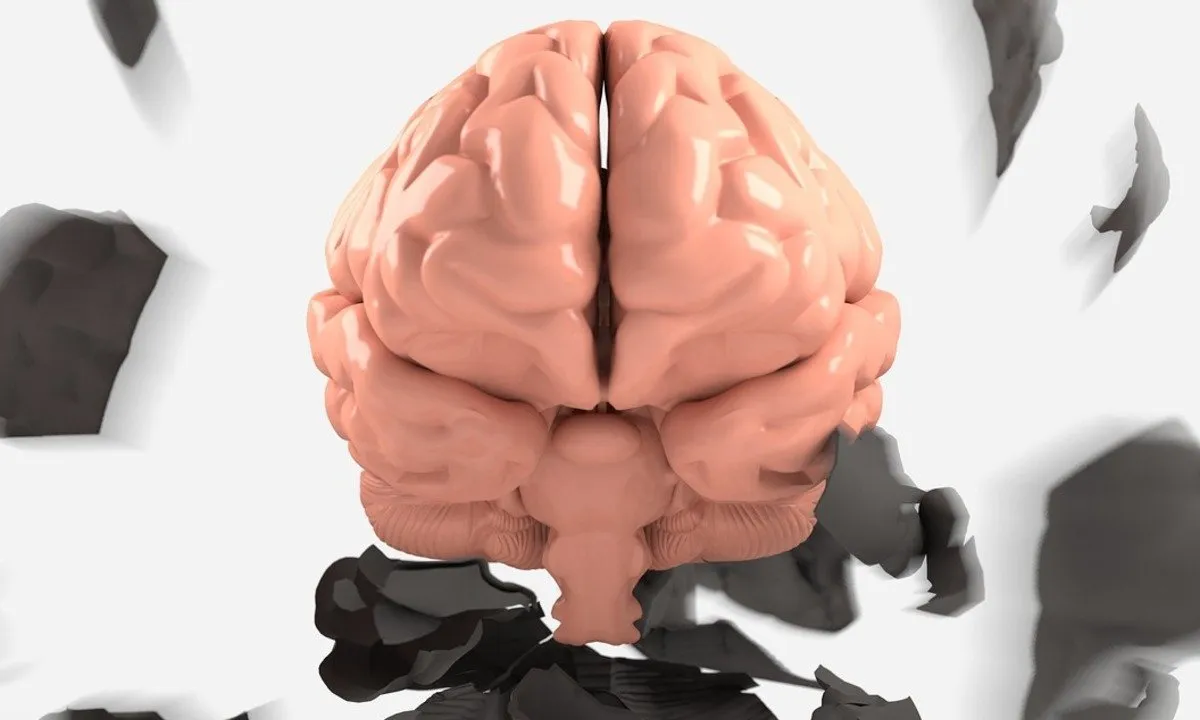
Mind Control: Managing Your Mental Health During COVID-19 
This course provides an in-depth exploration of the anxiety response to COVID-19 and how to manage it. Through a range of topics, from news consumption to talking to children, participants will gain a better understanding of their brain's reaction to crises and learn effective strategies for managing their mental health. ▼
ADVERTISEMENT
Course Feature
![]() Cost:
Cost:
Free
![]() Provider:
Provider:
Coursera
![]() Certificate:
Certificate:
Paid Certification
![]() Language:
Language:
English
![]() Start Date:
Start Date:
17th Jul, 2023
Course Overview
❗The content presented here is sourced directly from Coursera platform. For comprehensive course details, including enrollment information, simply click on the 'Go to class' link on our website.
Updated in [March 06th, 2023]
This course, Mind Control: Managing Your Mental Health During COVID-19, provides an overview of the anxiety response related to the current pandemic and strategies for managing it. Participants will gain a deeper understanding of the anxiety reaction and how it relates to various aspects of our current life, such as news consumption and talking to children about the pandemic. The course will also provide clear strategies for managing and turning off the anxiety response.
The course is divided into four sections. Section 1 covers an introduction and overview, understanding the anxiety response, the necessity of strategies to manage anxiety, and achieving relaxation. Section 2 covers why watching the news is addicting and how to manage consumption, the critical art of mental distraction to crowd out stressors, and how to think about physical distancing and explain it to children. Section 3 covers the effects of isolation, strategies to make isolation more tolerable, and the importance of social connection in a physical distancing world. Section 4 covers the need to guard against depression, bringing it together, and an invitation to suggest additional videos.
[Applications]
Upon completion of this course, participants should be able to apply the strategies and techniques learned to manage their mental health during the COVID-19 pandemic. Participants should be able to identify the anxiety response and understand how to manage it, as well as how to manage their consumption of news and how to explain physical distancing to their children. They should also be able to recognize the effects of isolation and develop strategies to make it more tolerable, as well as guard against depression and practice the techniques learned.
[Career Paths]
Recommended career paths for learners of this course include:
1. Mental Health Counselor: Mental health counselors provide counseling and therapy to individuals, couples, families, and groups to help them cope with mental health issues. They help clients identify and address their mental health issues, develop coping strategies, and work towards achieving their goals. Mental health counselors are in high demand due to the increasing prevalence of mental health issues, and the development of new treatments and therapies.
2. Mental Health Educator: Mental health educators are responsible for educating the public about mental health issues and providing resources to those in need. They work in a variety of settings, including schools, hospitals, and community organizations, to provide information and resources to those in need. Mental health educators are in high demand due to the increasing awareness of mental health issues and the need for more resources and support.
3. Mental Health Advocate: Mental health advocates are responsible for advocating for the rights of those with mental health issues. They work to raise awareness of mental health issues and to ensure that those with mental health issues have access to the resources and support they need. Mental health advocates are in high demand due to the increasing prevalence of mental health issues and the need for more advocacy and support.
4. Mental Health Researcher: Mental health researchers are responsible for conducting research on mental health issues and developing new treatments and therapies. They work in a variety of settings, including universities, hospitals, and research centers, to conduct research and develop new treatments and therapies. Mental health researchers are in high demand due to the increasing prevalence of mental health issues and the need for more research and development.
[Education Paths]
Recommended degree paths:
1. Psychology: Psychology is a field of study that focuses on the behavior and mental processes of individuals. It is a rapidly growing field, with new research and developments being made every day. With a degree in psychology, you can work in a variety of settings, including hospitals, schools, and private practice. Additionally, the field of psychology is becoming increasingly important in the business world, as employers look for ways to better understand their employees and customers.
2. Mental Health Counseling: Mental health counseling is a field of study that focuses on helping individuals cope with mental health issues. Mental health counselors work with individuals, couples, families, and groups to help them understand and manage their mental health issues. Mental health counselors are trained to assess, diagnose, and treat mental health issues, as well as provide support and guidance to those in need.
3. Social Work: Social work is a field of study that focuses on helping individuals and communities in need. Social workers are trained to assess, diagnose, and treat social issues, as well as provide support and guidance to those in need. Social workers are often employed in hospitals, schools, and other social service agencies. With a degree in social work, you can work in a variety of settings, including hospitals, schools, and private practice.
4. Public Health: Public health is a field of study that focuses on the health of populations. Public health professionals work to improve the health of individuals and communities by promoting healthy lifestyles, preventing disease, and providing access to health care services. With a degree in public health, you can work in a variety of settings, including hospitals, schools, and public health agencies. Additionally, the field of public health is becoming increasingly important in the business world, as employers look for ways to better understand their employees and customers.
Pros & Cons

Helps navigate difficult times with meditation and structured days

Explains topics well and relates to simple scenarios

Equips with strong mental tools to deal with difficult times

Enhances professional understanding of psychological effects

Easy to understand and small changes to daily routine seem manageable

No certificate upgrade option

No mention of depression course mentioned
Course Provider

Provider Coursera's Stats at AZClass
Discussion and Reviews
0.0 (Based on 0 reviews)
Explore Similar Online Courses

Learn to Speak: Conversational Spanish

Health in Numbers: Quantitative Methods in Clinical & Public Health Research

Python for Informatics: Exploring Information

Social Network Analysis

Introduction to Systematic Review and Meta-Analysis

The Analytics Edge

DCO042 - Python For Informatics

Causal Diagrams: Draw Your Assumptions Before Your Conclusions

Whole genome sequencing of bacterial genomes - tools and applications

Meditation

Mental Health First Aid Skills -

Workplace Mental Health: A Managers Ultimate Guide
 Related Categories
Related Categories
 Popular Providers
Popular Providers
Quiz
 Submitted Sucessfully
Submitted Sucessfully
1. What is the main purpose of this course?
2. What is the fourth section of this course about?
3. What is the last section of this course about?
4. What is the fourth section of the course about?
Correct Answer: The Effects of Isolation


Start your review of Mind Control: Managing Your Mental Health During COVID-19